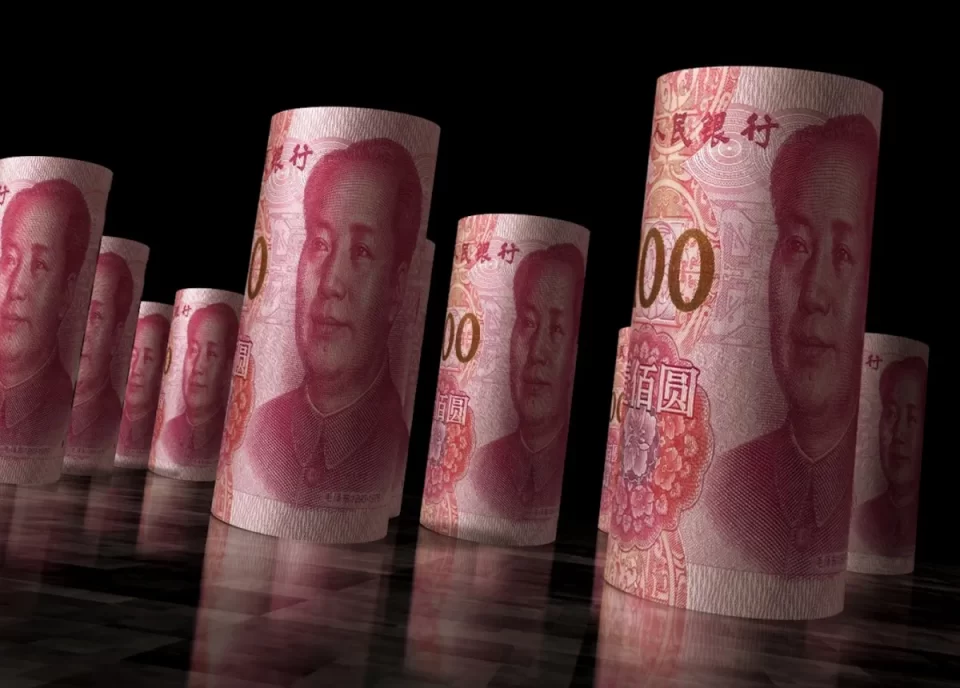China’s currency is developing into a safe haven. But there is more work to do. Photo: Facebook
Washington’s new sanctions against Russia were no match for President Biden’s rhetoric, leaving out the most obvious measure that the United States might take to hurt Moscow, namely exclusion from the SWIFT international payments system.
Banks conduct virtually all hard-currency transactions via SWIFT, or the Society for Worldwide Interbank Financial Telecommunication. But a new Chinese alternative might allow Russia to conduct most of its trade in yuan rather than dollars.
China’s Cross-Border International Payments System (CIPS), founded in 2015, is still under development and includes only 80 foreign banks. But there is no reason in principle that CIPS can’t substitute for SWIFT. And if Russia successfully shifts its trade payments out of the dollar system, the blow to American prestige and power would be enormous.

De-dollarization of trade is under debate in Western Europe. Germany’s Manager Magazine wrote on February 14, “Exclusion from the international payment system SWIFT is considered the sharpest sword that the West could wield as an economic sanction against Russia.
“However, it is a double-edged sword: the economic consequences would not only be serious in Russia, but also in Western Europe. In addition, the decoupling of Russia and China from the US dollar would be accelerated. Both countries are already working on competing payment systems.”
Russia also has developed an interbank messaging system, which now covers about 20% of domestic financial payments.
China’s yuan has advantages and disadvantages as a dollar substitute. It has gained about 8% against the US dollar since the Covid recession began in early 2020.
China’s consumer inflation rate stands around 1% year-on-year vs. 7.5% in the US, and the yuan to some extent has acted as a hedge against dollar inflation, as I wrote on February 17.
This article is republished from Asia Times

